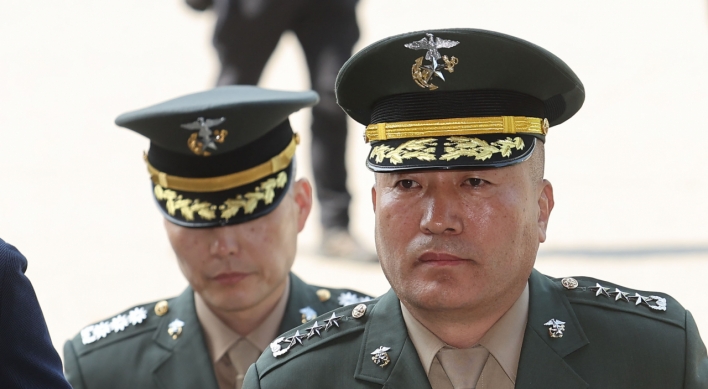Fast-expanding Japanese stores face backlash from small retailers
By Korea HeraldPublished : Oct. 21, 2012 - 19:28
Large foreign marts are facing a backlash from South Korean merchants for being excluded from government sanctions to protect small retailers.
The Korea Merchant Association announced on Sunday an investigation into Japanese “super supermarkets” within the week. Large Japanese supermarket chains in Korea include Trial and Valor, which have both been rapidly expanding in Korea since their launch here in 2005 and 2011, respectively. Both mark over 3 trillion won ($2.7 billion) in total sales per year.
Small and medium-sized merchants are furious as the Japanese stores are not categorized as large marts according to the nation’s Distribution Industry Development Act, which defines “large” as being over 3,000 square meters or being directly run by subsidiaries of mutual investment-limited companies, and therefore cannot be sanctioned for encroaching on small businesses. Foreign companies are not subject to the second get of criteria for assessing size.
“The marts are more threatening to us than Korean SSMs because there is no proper way to punish them even if they seep into the neighborhood market,” said Shin Geun-sik, head of KMA’s emergency committee on large marts and SSM.
Merchants, civic organizations and non-government organizations including People’s Solidarity for Participatory Democracy and the Korean Confederation of Trade Unions are also protesting against U.S. retailer Costco for ignoring local regulations imposing mandatory closure two days a month.
Under the Distribution Industry Development Act, the head of the city, county or district government can order superstores to close up to two days per month when deemed beneficial to the industry, welfare of the workers and for facilitating the growth of small and medium-sized retailers.
Costco, however, opened on two relevant Sundays last month, arguing that it should be able to benefit from a ruling by a Seoul court in June that the ordinace was unlawful.
By Park Min-young (claire@heraldcorp.com)
The Korea Merchant Association announced on Sunday an investigation into Japanese “super supermarkets” within the week. Large Japanese supermarket chains in Korea include Trial and Valor, which have both been rapidly expanding in Korea since their launch here in 2005 and 2011, respectively. Both mark over 3 trillion won ($2.7 billion) in total sales per year.
Small and medium-sized merchants are furious as the Japanese stores are not categorized as large marts according to the nation’s Distribution Industry Development Act, which defines “large” as being over 3,000 square meters or being directly run by subsidiaries of mutual investment-limited companies, and therefore cannot be sanctioned for encroaching on small businesses. Foreign companies are not subject to the second get of criteria for assessing size.
“The marts are more threatening to us than Korean SSMs because there is no proper way to punish them even if they seep into the neighborhood market,” said Shin Geun-sik, head of KMA’s emergency committee on large marts and SSM.
Merchants, civic organizations and non-government organizations including People’s Solidarity for Participatory Democracy and the Korean Confederation of Trade Unions are also protesting against U.S. retailer Costco for ignoring local regulations imposing mandatory closure two days a month.
Under the Distribution Industry Development Act, the head of the city, county or district government can order superstores to close up to two days per month when deemed beneficial to the industry, welfare of the workers and for facilitating the growth of small and medium-sized retailers.
Costco, however, opened on two relevant Sundays last month, arguing that it should be able to benefit from a ruling by a Seoul court in June that the ordinace was unlawful.
By Park Min-young (claire@heraldcorp.com)
-
Articles by Korea Herald



















